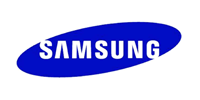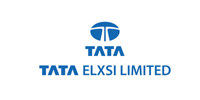– Over 20+ years of experience in VLSI Design & Verification
– Designed, verified and lead several multi-million ASICs in image processing, networking and communication domain
– Worked at Philips, Intel, and Synopsysin various capacities. Co-authored leading books in the Verification domain
– Presented papers, tutorials in various conferences, publications and avenues
– Conducted workshops and trainings on PSL, SVA, SV, VMM, E, ABV, CDV and OOP for Verification
– Holds M.Tech in VLSI Design from prestigious IIT, Delhi
– Has 18+ years of experience in Verification
– Implemented, architected several verification environments for block & subsystems
– Co-authored leading books in the Verification domain
– Presented papers, tutorials in various conferences, publications and avenues
– Has worked with all leading edge simulators and formal verification (Model Checking) tools
– Conducted workshops and trainings on PSL, SVA, SV, OVM, E, ABV, CDV and OOP for Verification
– Holds M.S.E.E. from prestigious IIT, Madras



























